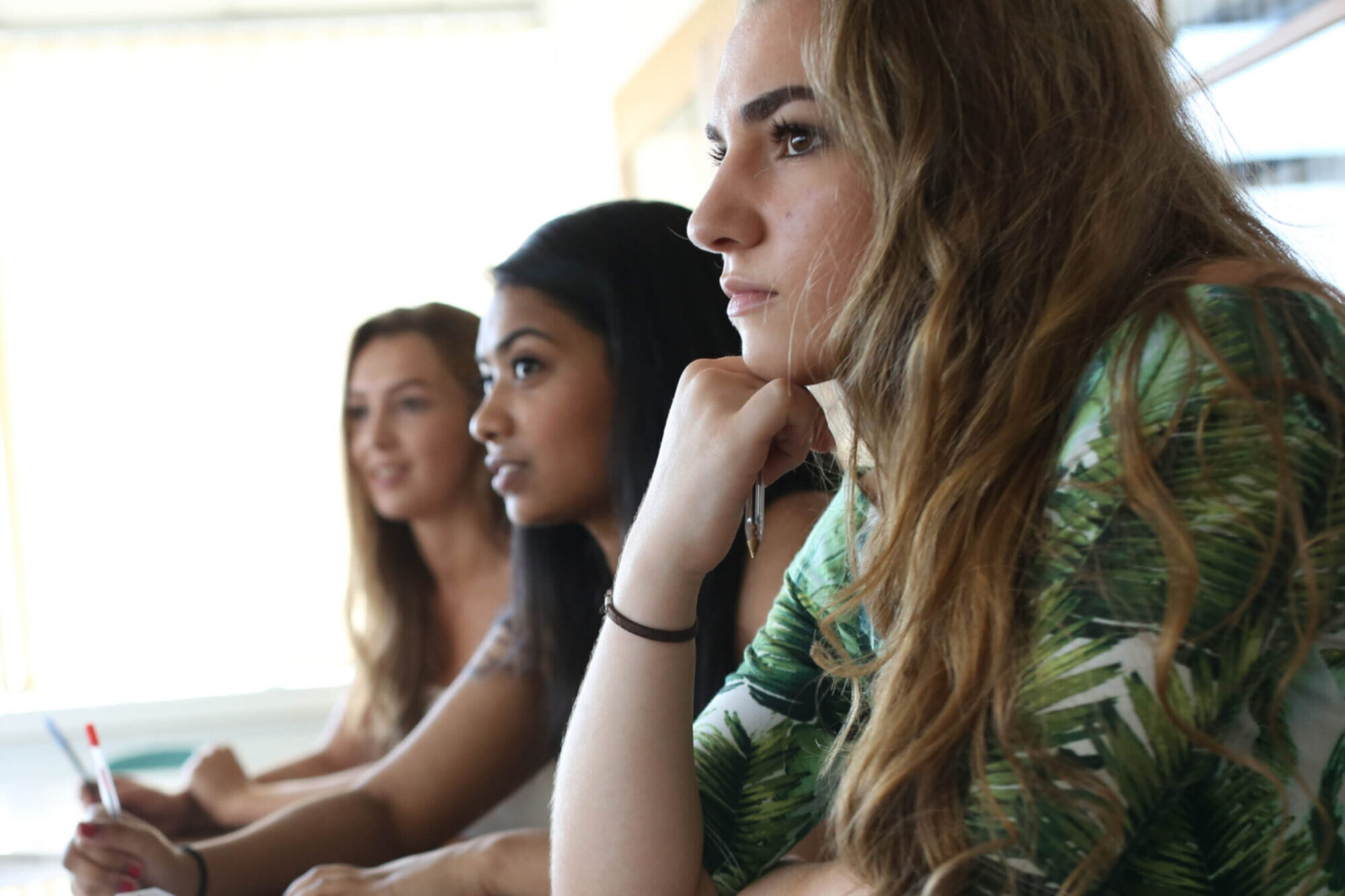
Psychology A Level
Qualification
AS & A2
Results
A* - C grade: 82.4%
Awarding Body
WJEC
Psychology A Level Overview
Psychology A Level is a fascinating subject that allows students to understand human behaviour and the reasons behind our actions. The course covers various approaches to Psychology, and we will study key pieces of research and topics from areas such as criminal behaviour, eyewitness testimony, phobias, Autism, relationships, and therapies like psychosurgery. Learners will also study research methods and enhance their existing numeracy skills by analyzing data and interpreting what it reveals about the human behaviour examined in research.
Studying Psychology proves useful for a diverse range of university courses and careers, including clinical psychology, forensic and criminal psychology, counselling, mental health nursing, lecturer in Psychology, social work, and educational psychology.
100% of this course is assessed by exam. The two AS exams count towards 40% of the overall A Level grade while the two A2 exams count towards the remaining 60%. Exams are sat in May/June each year.
AS Level (year 1)
UNIT 1: Psychology – Past to Present
This unit introduces five main psychological approaches including Biological, Behaviourist, Cognitive, Psychodynamic and Positive Psychology.
UNIT 2: Psychology – Using Psychological Concepts
This unit introduces psychological research methods including participant selection, conducting safe and ethical research, and design of psychological research studies. This unit also covers statistical analysis including interpretation and calculation of numerical data.
A Level (year 2)
UNIT 3: Psychology – Implications in the Real World
Learners are expected to apply knowledge and understanding from Unit 1 to four human behaviours: Addictive, Autistic spectrum behaviours, bullying behaviours, criminal behaviours and Schizophrenia. Students will also study five controversial issues in Psychology.
UNIT 4: Psychology – Applied Research Methods
This unit further develops student understanding of research methods studied at AS, including the practical application of two research methods to class based Psychological research studies where students gather data and interpret its meaning.
The study of Psychology at A Level is useful for a diverse range of university courses and careers including: clinical psychologist, forensic and criminal psychology, counselling, mental health nursing, lecturer in Psychology, social worker and educational psychology.
6 grade C’s at GCSE, including 1 grade B in GCSE Science and a grade C in GCSE Maths. Grade C in English is also highly recommended but not a requirement.

